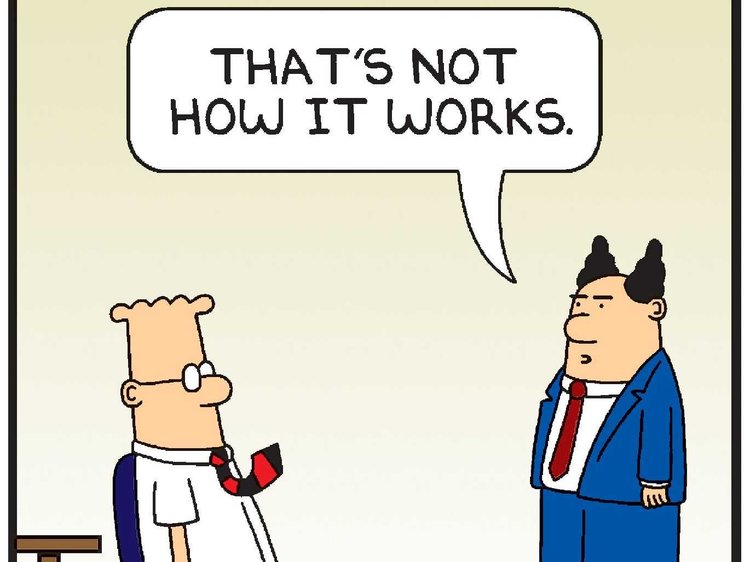The problem with getting promoted or climbing the poker stakes is we eventually rise up to where we are a fish again.

One of the real gifts poker has given me is that it has been a great jumping off point to learn things from other disciplines like economics, AI, psychology and Game Theory. So here is a series of articles where I bring some of the most interesting things I have learned from other subjects outside of poker which are applicable in this game we know and love.
Some of my GTO Poker Theories I have included because I find them interesting, some I include because I think they are incredibly important for poker people to understand. Today’s theory I include for those reasons, but also because it’s a fun way to make fun of somebody in a position of power.
‘The Peter Principle’ is a management concept created by Laurence J Peter who observed that people in a hierarchy will rise to their level of incompetence. What he means by this is that talented individuals will receive promotion after promotion, and only stop climbing when they are no longer good at their job (and therefore no longer get promoted).
So that could be the call centre worker who has superb customer service skills so they get promoted to being a salesperson, they do great at that job too so they become the manager of the department, but they have no management skills so they end up stuck as a manager (or eventually fired), rather than carrying on the trajectory towards CEO.
It started as a joke

The interesting thing about The Peter Principle is that it began just as a satire, it was a joke made to some extent to poke fun at managers. Indeed Dilbert creator Scott Adams formulated a ‘Dilbert Principle’ which holds that incompetent employees are promoted to management positions to get them out of the workflow so they cannot do any more damage. If you have ever had a terrible manager and wondered how they got their job, you can probably assume they were pretty good at the job before it and got promoted to a position they were not suited for.
Despite starting as a joke, The Peter Principle has been regarded as truth by thought leaders in business and management ever since. This year Benson, Li and Shue analysed the performance of 214 businesses and found that companies would promote salespeople to management positions based on sales performance rather than managerial skills, and those employees would usually perform poorly as managers afterwards. It proved The Peter Principle, specifically that just because you are good in one domain, it does not predict success in the next (higher) domain.
Knowing the stakes you can beat
The Peter Principle is a handy thing to have in the back of your mind when it comes to game selection in poker. We all get a version of a promotion in poker, that would be whenever you do well enough at one stake to move up to the next stake. But, as I am sure you know, just because you can beat 100NL does not mean you will do the same at 200NL, and so on.
When you first start at poker it is possible to move up several stakes at once, when you have the combination of a good understanding of the strategies as well as some generous variance. However, most players do not end up at the nosebleed stakes in poker, and invariably we all hit a brick wall, ie. we all rise to the level of our incompetence online.
Where poker varies greatly from The Peter Principle, however, is that there a great number of unknowns and intangibles that could prevent us from realising we have reached our peak. Variance is obviously a big one. I enjoyed this recent video (below) from Liv Boeree where she admitted that after some good variance where she won an EPT event, she deluded herself into thinking she was better in those events than she actually was. Likewise a run of bad variance can see us chalk our losses down to bad luck, and ignore our skill shortcomings.
Unlike other jobs, however, we should never feel tied to the stake we are currently at. If you are that 100NL crusher who is struggling at 200NL, there is no shame at all in dropping back down and taking shots at 200NL in the future. Being fluid about the games you play is a tremendously important skill in poker, and it is incredibly costly if you cannot admit you are not good enough yet to beat a certain game. Just look at Gus Hansen, a player who is a shark in almost all circumstances except the online nosebleed games where he has lost over $20 million.
Of course I am not saying if you currently cannot beat X stake now you should accept your limits, drop down and never try again. It is very hard in the workforce to drop back down to a previous job, there is unfortunately a stigma in the business world to demotions, even voluntary ones. In poker you have a rare ability to be fluid and experimental with the level you play at, so don’t feel ashamed to admit you are currently an underdog at your current stake and drop back down if necessary. Over the long term this is a very important survival skill a lot of otherwise good players don’t have.
What theories from outside of poker have helped your game? Let us know in the comments.
Related
source https://casinonewsblogger.com/news-gto-poker-theories-the-peter-principle/

No comments:
Post a Comment